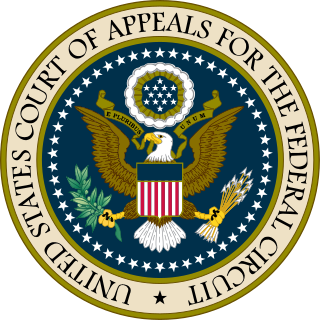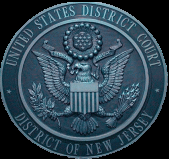 W
WAtari Games Corp. v. Nintendo of America Inc., 975 F.2d 832, is a United States Court of Appeals for the Federal Circuit case, in which the court held that Atari Games engaged in copyright infringement by copying Nintendo's lock-out system, the 10NES. The 10NES was designed to prevent Nintendo's video game console, the Nintendo Entertainment System (NES), from accepting unauthorized game cartridges. Atari, after unsuccessful attempts to reverse engineer the lock-out system, obtained an unauthorized copy of the source code from the Copyright Office and used it to create its 10NES replica, the Rabbit. The case involved copyright infringement claims by Nintendo and a defense based on fair use and copyright misuse by Atari.
 W
WAtari Games Corp. v. Oman is an appeal of a court case concerning whether a video game with very simple graphical and audio elements may be copyrighted. Breakout is a paddle and ball video game created by the plaintiff, Atari Games Corporation, initially released in 1976. Eleven years later, in 1987, the plaintiff sought registration for the work with the US Copyright Office. On February 13, 1987, and again on May 22, 1987, Register of Copyrights Ralph Oman refused to register the work because it "did not contain at least a minimum amount of original pictorial or graphic authorship, or authorship in sounds". Atari challenged Oman's decision not to award the game copyright protection.
 W
WCapcom U.S.A. Inc. v. Data East Corp. is a court case between two video game developers, where Capcom alleged that Data East's game Fighter's History infringed the copyright of Capcom's game Street Fighter II.
 W
WData East USA, Inc. v. Epyx, Inc. 862 F.2d 204, 9 U.S.P.Q.2d (BNA) 1322, was a 1988 legal case in which Data East, a video game manufacturer, contended that Epyx, a competing video game manufacturer, licensed and distributed a video game, World Karate Championship, that infringed on the copyright of a video game developed by Data East, Karate Champ. After a district court sided with Data East, the United States Court of Appeals for the Ninth Circuit court on appeal reversed the decision of copyright infringement. This judgment was based on the lack of "substantial similarity" between the games, because the identified similarities were inherent to all karate video games.
 W
WEntertainment Software Ass'n v. Society of Composers, Authors and Music Publishers of Canada, 2012 SCC 34, is a landmark Supreme Court of Canada judgement that clarified the nature of and relationship between, the bundle of rights created for copyright owners under section 3(1) of the Copyright Act of Canada. In particular, the Supreme Court considered the relationship between the reproduction and communication rights under the Copyright Act, and applied the principle of technological neutrality to hold that downloading a work engaged only the reproduction right, and not the communication right.
 W
WLewis Galoob Toys, Inc. v. Nintendo of America, Inc. was a court case which established the rights of users to modify copyrighted works for their own use. The case revolved around whether or not the Game Genie device which could modify video games in real time constituted creating a derivative work.
 W
WOn August 4, 1989, Nintendo of America filed an American copyright lawsuit through the District Court of Newark, New Jersey against Blockbuster LLC, seeking injunctive relief and damages. The dispute was raised after multiple Blockbuster locations across the United States of America were accused of allegedly photocopying and reproducing Nintendo's video game manuals when renting out Nintendo titles. The game company claimed this was an infringement of their intellectual property, and hoped to change the laws on renting video games and rentals. After one year of battle in the District Court, the court ruled in favor of Blockbuster, as the House and Senate verdicts determined the law on video game rentals remain unchanged.
 W
WSega Enterprises Ltd. v. Accolade, Inc., 977 F.2d 1510, is a case in which the United States Court of Appeals for the Ninth Circuit applied American intellectual property law to the reverse engineering of computer software. Stemming from the publishing of several Sega Genesis games by video game publisher Accolade, which had disassembled Genesis software in order to publish games without being licensed by Sega, the case involved several overlapping issues, including the scope of copyright, permissible uses for trademarks, and the scope of the fair use doctrine for computer code.
 W
WUniversal City Studios, Inc. v. Nintendo Co., Ltd. was a 1984 legal case heard by the United States District Court for the Southern District of New York by Judge Robert W. Sweet. In their complaint, Universal Studios alleged that Nintendo's video game Donkey Kong was a trademark infringement of King Kong, the plot and characters of which Universal claimed as their own. Nintendo argued that Universal had themselves proven that King Kong's plot and characters were in the public domain in Universal City Studios, Inc. v. RKO General, Inc.